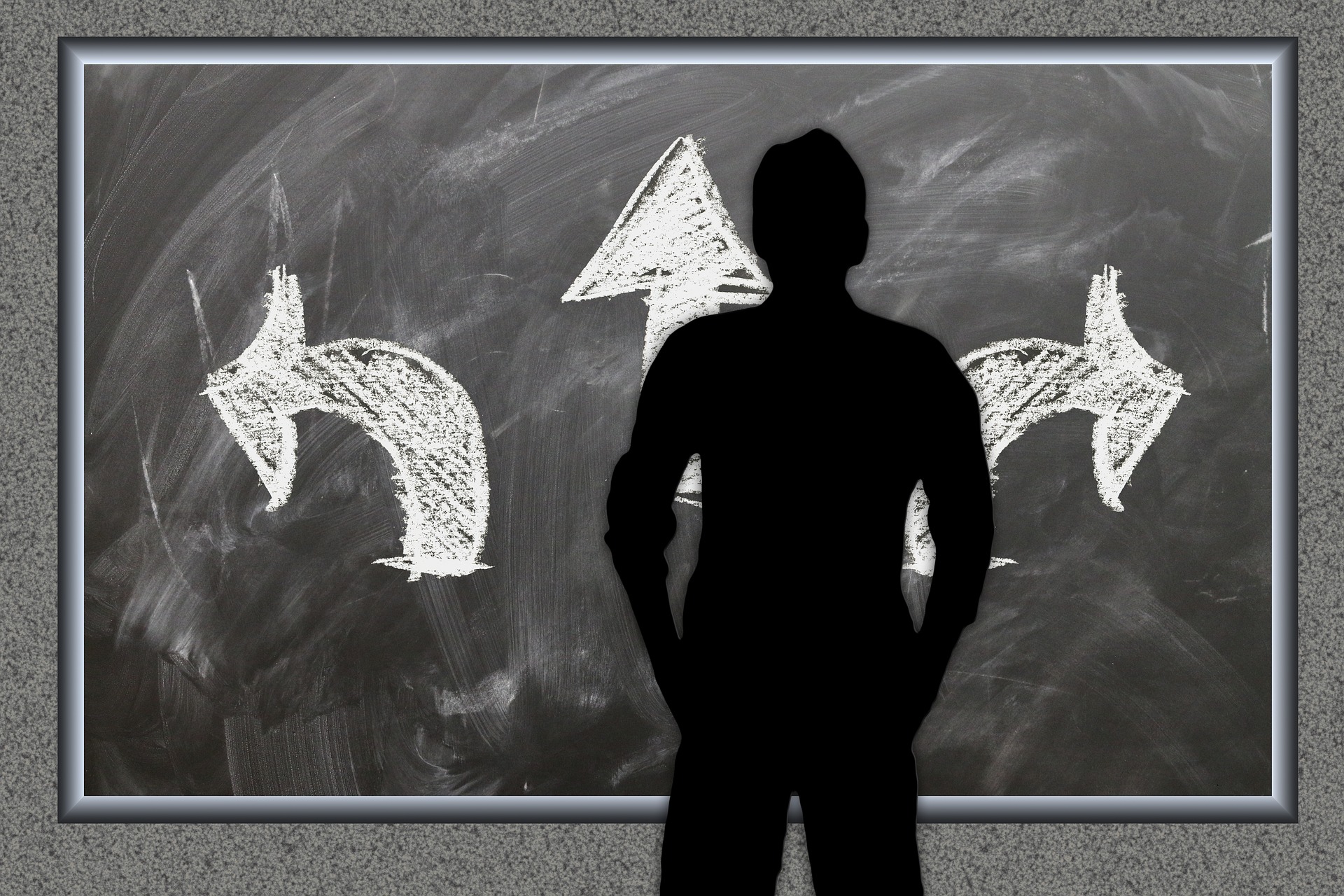
Owning Your Goals and Resisting Travel Lifestyle Creep
I’ve previously written about my path to financial independence and how avoiding lifestyle creep enabled me to reach FI at a much earlier age. Lifestyle creep is a phenomenon that occurs when increasing resources are spent towards one’s standard of living, former luxuries become perceived necessities. Lifestyle creep is directly related to personal finance, but we can also apply the phenomenon to points and miles. Below I describe my approach to resisting travel lifestyle creep through goal setting, changes, and weighing alternatives.
What Do You Want?
From my perspective, the proper foundation in this hobby is defining what you want to accomplish. What is your goal? You may want to:
- See non-local family or significant others more
- Discover new lands or have unique experiences
- Enjoy premium airline cabins or high-end lodging
- Provide travel for others unable to afford it
- Travel to volunteer
- Travel for free indefinitely
- Save and/or invest more
- Insert your goal(s) here
If I didn’t identify my goals or principles for travel, I would leave myself open to aimlessly collecting points and miles, or worse, redeeming for something I didn’t really want. It’s easy to fall into an idea, redemption, and travel when one sees a redemption considered by others to be a “great deal”, “hidden gem”, or “sweet spot”. Indeed, the redemption may be all of those things, but exactly what I do not want.
It’s important to note that having multiple goals is common, and, of course, goals change!
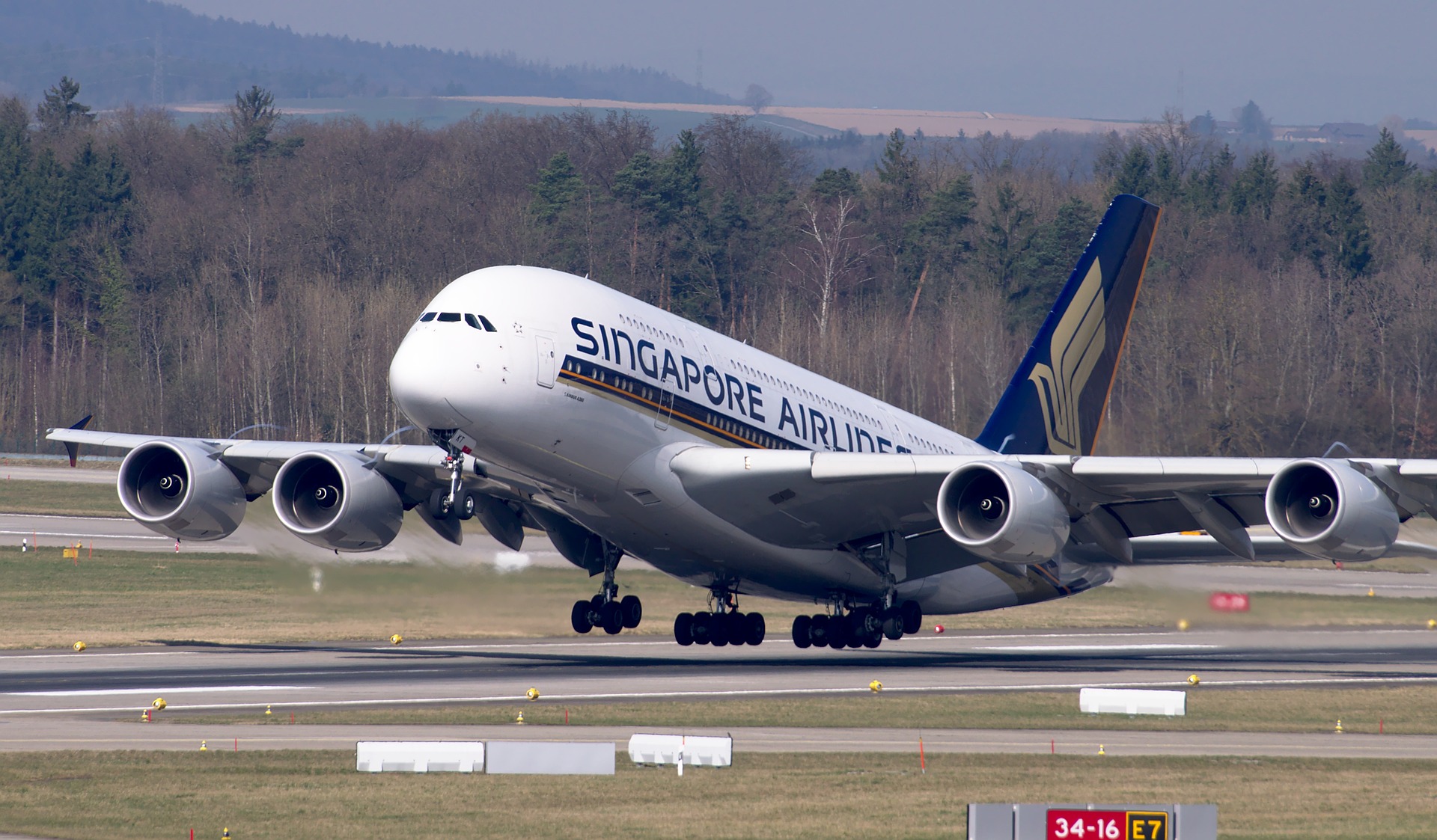
My Experience with Travel Lifestyle Creep
In an earlier life season, I enjoyed redeeming points and miles for premium cabins and high-end hotel stays. We got used to these elevated experiences, did it more, enjoyed it a lot more, did it more, enjoyed it marginally more, did it more, enjoyed it a bit, did it more, and didn’t really care. And so on. We continued to pay the same (or higher) price in points and miles, for a diminishing return of enjoyment. What was first a treat had become a normal expectation. And when our expectations were met, our experiences weren’t significantly better.
I realized this creep had been setting in for years; also, our travel goals and principles had started to change. We no longer cared about premium experiences as much; we aspired for more travel at the lowest cost, more efficiently, indefinitely, and exactly the way we wanted (e.g. “travel freedom”). We also knew we wanted to take our kids to Disney World for as close to free as possible in the future. Noting these thoughtful changes in our travel goals was key. To meet our new goals, we knew we had to accumulate and redeem points and miles in a different way.
How Our Earning and Redemption Strategies Changed
We refocused our efforts on travel currencies that increased our redemption flexibility. Also, we identified currencies we could efficiently redeem for Disney World travel. Chase Ultimate Rewards, at the time, satisfied all of these requirements. We liked the ability to redeem with travel partners, cash out, and elevated Disney redemptions via the Chase Sapphire Reserve.
Beyond Chase, we increasingly acquired currencies that we could cash out to further enhance our travel freedom. Cashing out via Amex Membership Rewards, Discover it Miles, Citi Double Cash, and PenFed, to name just a few, became large priorities. I also amassed Citi ThankYou points for future Disney World trips.
In addition to cash redemptions and bank points, we have embraced traveling in economy cabins and staying at nice, but not the highest-end, hotels. For us, having the premium experience was great, and it has actually made the adjustment to moderation easy. We’ve experienced what’s behind the premium curtain, and giving that up was not overly difficult given our changing goals. To an extent, “been there, done that” applies to premium flights and hotels for us. Instead, economy travel allows for a higher number of trips lasting for more of our traveling years.
A Few Examples
Let’s take a look at a couple examples to illustrate the costs of travel lifestyle creep. Disclaimer: These are just two simple examples for this article. I cannot possibly think of every individual’s unique considerations. Everyone is different. Adapt accordingly!
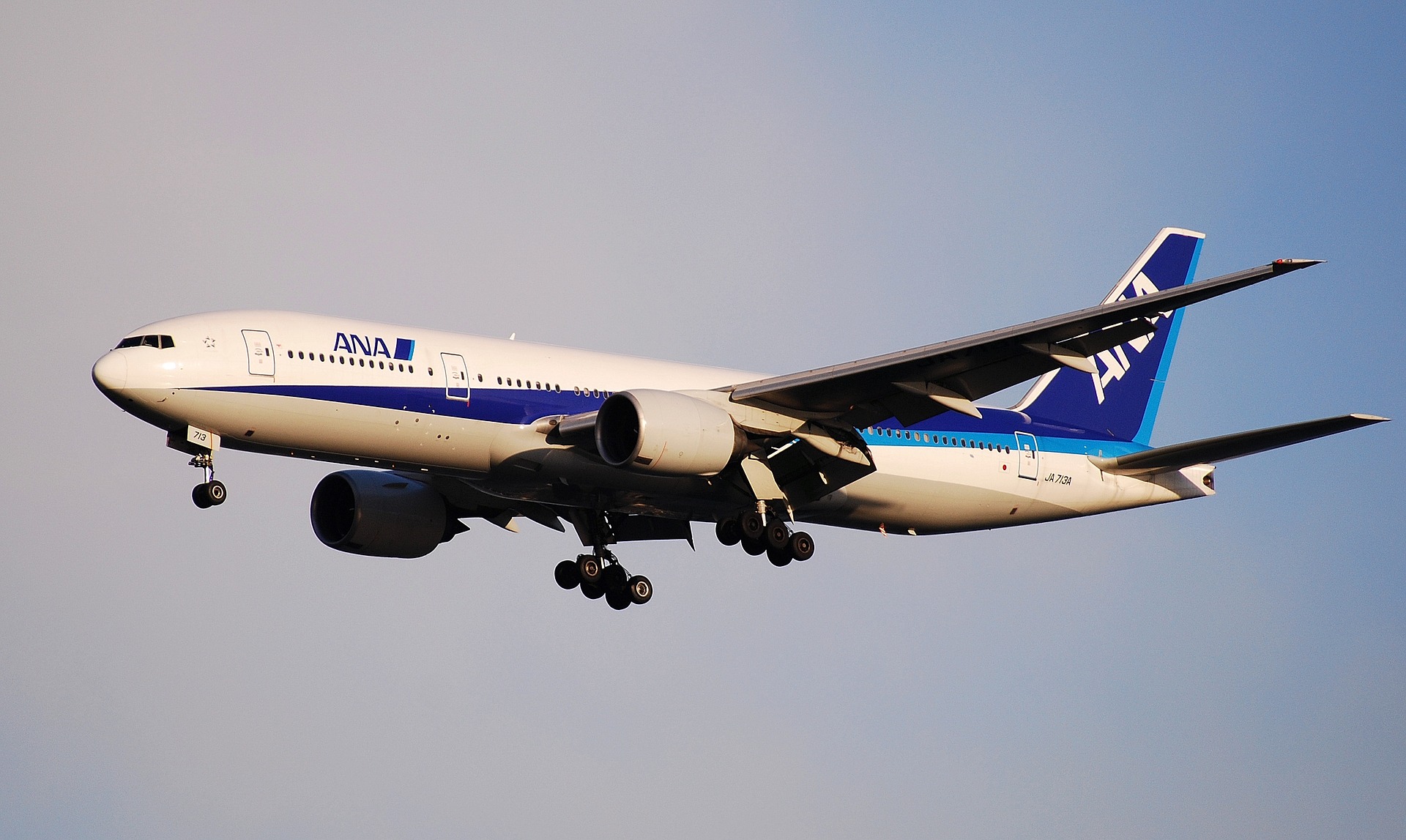
Example #1: ANA with Virgin Atlantic Miles
One of the sweet spots I’ve recently seen described is redeeming Chase Ultimate Rewards via Virgin Atlantic for flights from the US West Coast to Tokyo via ANA first class round-trip for 110k miles. Let’s compare that redemption to the exact same redemption and carrier, but for an economy ticket costing 60k miles.
In return for taking the economy airfare, one would save 50k Ultimate Rewards. What else can you do with those 50k Ultimate Rewards? Plenty – a couple more domestic saver economy awards, several nights in Hyatt properties, many Southwest flights, and the list goes on. But let’s focus on the most relatable currency for everyone in this example – cash!
By choosing to take economy over first, you can immediately redeem those 50k Ultimate Rewards for $500 cash (or $750 currently). Some of you may be happy with that, while others may say, “it’s just $500.” You may not need $500 immediately. Well, how much is that $500 worth if you needed it in 25 years?
Let’s say you earn a very conservative 4% average annual return over those 25 years (my favorite fund, VTSAX, has a higher long-term return). That $500 is worth over $1,332 after 25 years at a 4% return. So, by choosing to fly in perfectly acceptable economy instead of first class, you are highly likely to be at least $1,332 richer after 25 years. All because you are okay sitting farther back in a metal tube for about twenty hours total in a seat that doesn’t recline as far and eating meals that aren’t as extravagant while free booze is still available.
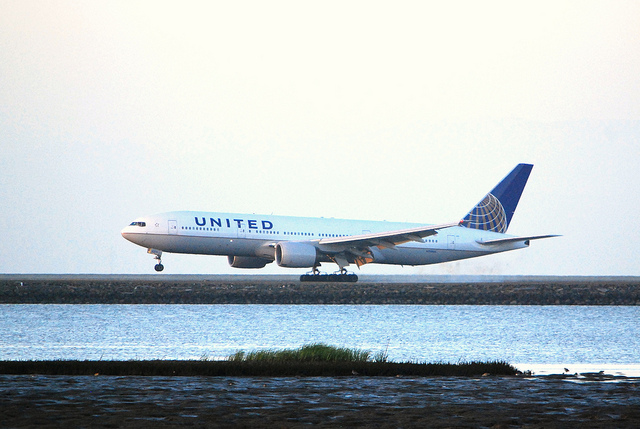
Example #2: Domestic United Saver Travel
While United has gotten rid of their award charts, saver level awards generally start at 25k miles in economy and 50k miles in business/first round-trip – what I’ve seen, at least. Let’s apply the same logic that we used in example #1. By choosing to fly in the domestic premium cabin, which is closer to domestic economy with every passing day, in my opinion, you are immediately giving up 25k Ultimate Rewards, or $250 cash ($375 currently). What would $250 be worth in 25 years, again assuming a conservative 4% return? Over $666. You would most likely be at least $666 richer by sitting in economy on a domestic United flight, which I would argue is pretty much the same in-flight experience regardless of the cabin one is in.
Choices
Joe the Traveler may look at the above two examples, and say, “Yeah, I’ll take the premium cabin” in one or both of the examples. If that lines up with Joe’s travel goal of premium experiences and is worth more to Joe than other alternatives, great! Otherwise, it behooves Joe to reexamine, and perhaps change, his travel goals or pick a more appropriate travel alternative.
Bigger picture, if Joe (or anyone else, for that matter) redeems for something that doesn’t line up with his travel goals, he may be letting a perceived “good deal” make the decision, rather than Joe making the decision based on his principles. In another example, Joe may end up going to the Maldives because it was a great redemption in terms of value per point. But Joe may have an underwhelming vacation, since he didn’t really want to go to the Maldives, anyway. He would’ve rather gone to Vancouver, but it wasn’t the “good deal” the Maldives was.
By blindly going after sweet spots and higher value rewards, you are susceptible to giving up control of your travel. Maintain control of where, when, why, and how you travel by consistently defining and prioritizing your goals. Consider the opportunity cost of your redemption decision prior to making it.
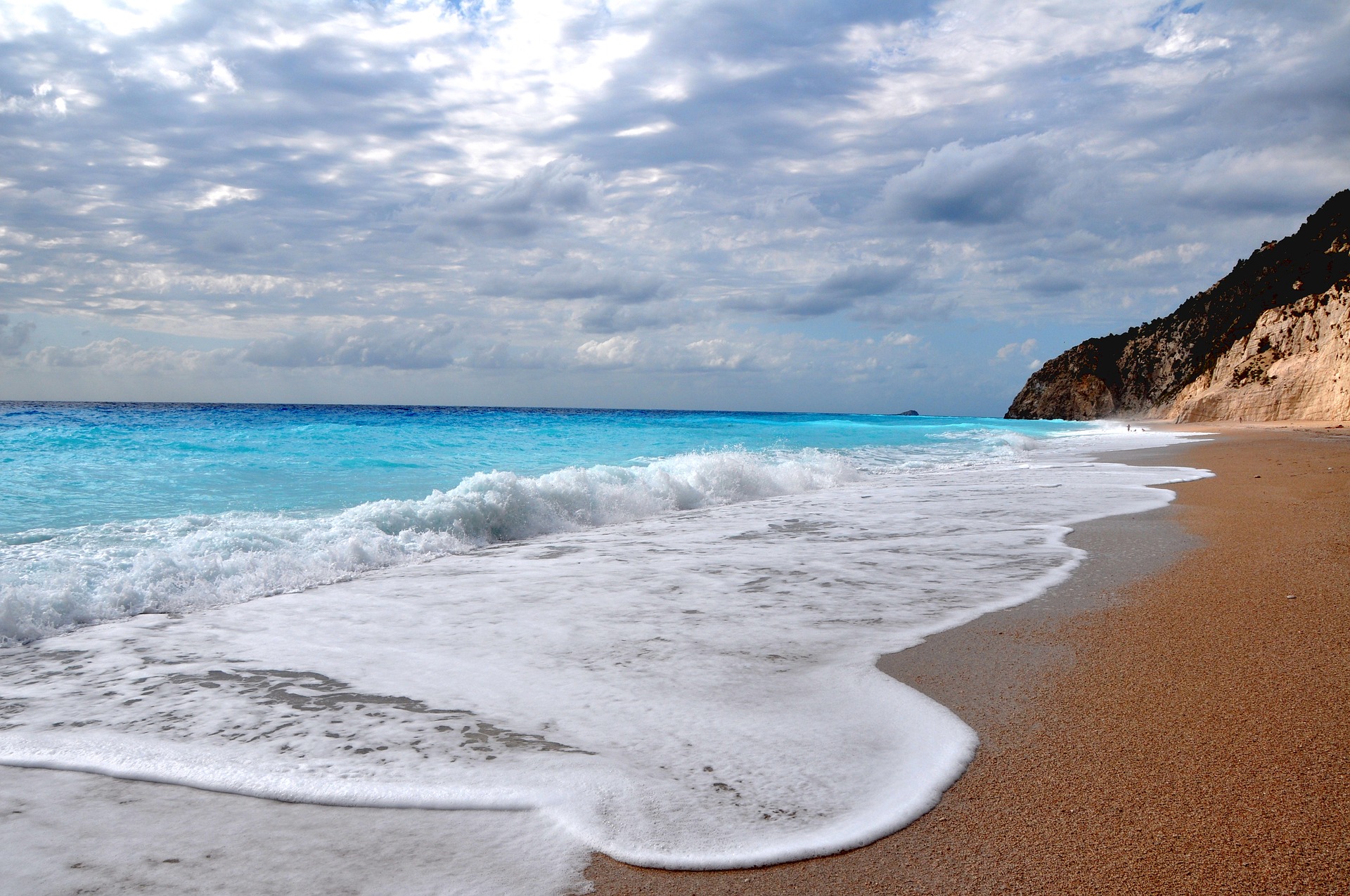
There Is No Panacea
No one travel strategy exists that is always perfectly optimal for everything. By sticking to my travel goals and principles, I periodically end up redeeming for rewards that provide less cents per point value. But I accept that exchange, knowing that I’m traveling exactly how I want.
And, of course, in reality, the trade-offs can be much murkier. The decisions aren’t always clear. It’s more about the spirit of doing enough homework and analysis, and then making a decision. For instance, let’s say you have 20 possible flight redemptions in mind. Through your analysis, you may have discarded 18 bad redemptions and pick from the top two. If you hadn’t done the analysis, you may be picking from 20. Thanks to your analysis, you should be happy with either of the top two choices, rather than blindly picking from 20 mostly sub-optimal redemptions.
Resisting Travel Lifestyle Creep – Conclusion
Before I make any travel decision, cancelable or not, I ask myself “Why?” If I can’t quickly identify the answer and ensure it lines up with my predetermined goals, I know I need to take a step back and think further. On the other end, it is possible to find yourself in a “paralysis by analysis” situation in regard to earning and redeeming travel currencies. I’ve found sticking to my travel goals and principles allows for enough analysis and subsequent timely, confident decision making. Owning my travel goals has been key to resisting travel lifestyle creep. What works for you?



Excellent article I enjoyed rereading. Another big benefit to Y redemptions is how easy they are to find and book. trying to find premium cabins for our trips is so challenging that it sometimes takes more time searching than the actual length of the trip! Time that for me could be better used elsewhere.
You clearly had an aha moment that I think most of us don’t have. One of the biggest reasons I got into this was to travel business and first class internationally because there is no way I could afford it. Like most people. But now the downside is I cannot imagine sitting in economy for 14 hours to Hong Kong. Granted I have never been on international carriers economy and I’m sure it’s not like sitting in spirit airlines for 14 hours. So I guess that’s my lifestyle creep. If the point game went away tomorrow I probably would not travel internationally again. But hey it’s been a great ride!
Dublin,
For what it’s worth, international economy is better than some domestic premium class experiences I’ve had.
Or you could see the world as it is generally known is ending…..and thinking about 25 years out…is way too far…20 years is way too far….10 years is way too far….nevermind viruses…
Research MASS ANIMAL DEATHS. Watch Youtube channels like – SOTT Earth Changes – Melkelb – World of Signs – Two Preachers.
Writing on the wall for quite a few years now. Coronavirus #7 is just another chapter
don’t think too far…don’t SAVE / SAFE too much!
I look at a lot of places like Bora Bora, then think why? It is beatiful but resorts are not our “thing”. We love Italy (and pretty much all of Europe) because we love exploring the ancient sites and we love the culture. We love Belize because we love the culture and the feeling that it is still “real”, even though that is disappearing a bit each year. I don’t want to go, just to say I have been. So, I look, then I don’t book.
Renee,
Thanks for sharing your thoughts!
I love this article! For me, in a hotel, I am interested in location, cleanliness, and saftey (I travel solo often). I do not spend much time in my hotel room when I travel so I try to keep costs down there. I totaly understand why someone would want a luxury property – I have been tempted!
Flights, it depends how long the flight is and how much time I have at my destination. I cannot sleep in economy so after a long flight I spend a day in my destination sleeping. So If I have time that is fine. If I want to hit the ground running I need a lie-flat seat. If there was an option to get the lie flight seat with coach amenities for fewer points I would take it!
One of my friends thinks I am crazy for spending money on business class but he takes an Ambien and is knocked out the entire flight. If I couldn’t remember the flight I would always fly coach too!
Gwen,
Thanks for the kind words. It sounds like you know what’s important to you, and that’s key!
We fly economy 90% of the time. This works for us as we want to maximize the number of trips for the pile of miles we have. In regards to hotels we like middle ground, which is Hilton Garden Inn, Hampton Inn or Holiday Inn Express. Once we get to our location, the mid type rooms get us more time to stay and explore the area. Rather than a few days at the Ritz or JW, we would rather have a week and a half in a regular room. It’s just a personal choice and everybody has their own idea of value and travel style.
Ron B,
I, too, am a huge Hilton Garden Inn fan. Thanks for reading!
I follow a middle ground between the budget and premium approaches, as we are usually flying Southwest domestic to get there but then like to stay in 4 star hotels such as Wyndham Grand or if in Vegas 5 star Bellagio. With good points deals and status matches that increased both Wyndham to Diamond (from Starwood before the merger) and Hyatt to MLife to Platinum and then Gold, these stays have been mostly on points for the rooms, although it used more points that cheaper options. For us that has been well worth it as these higher end properties offer more amenities and make our stay high end without breaking the bank. Enjoyed the article.
JL100,
Yes, I agree “When in Rome” applies to Vegas stays, and it definitely sounds like you have a good strategy down for that!
I’ve been traveling for free for years and have ended up the opposite. I think it all has to do with the age and health of the points traveler. When we were younger we accepted economy seats because we wanted more chances at free travel. Now, due to certain health aspects we don’t generally travel unless the airline seats are very comfortable. Also, if the place to stay on points isn’t of a high enough quality to have very nice beds then we have to stay home. So, for some of us, the reason we travel in what many would call luxury, we see it as being able to physically being able to travel. Less travel and higher quality is now more important to me. Most of the blogs I read in which the writer is fine with base seats/places to stay happens to be younger. We happen to work too hard for too long and that resulted in some life threatening things. At least I started traveling when I was young enough to do the things I can’t now.
Ed K,
Thanks for the perspective!
Great article. Lifestyle creep can get even more expensive if it spreads to other areas of your budget. I could see a couple going out to dinner in their home town and ordering the expensive wine they drank on a business class flight.
Jane,
Indeed, lifestyle creep can sink into a budget from all angles. Keeping the radar up can be challenge at times, myself included.
This is a great article Benjy! I totally agree with all of the points you have made. This article should be required reading for everyone in the points and miles hobby. Even, if a person refuses to fly economy class, the principles still apply in order to get the best experience based on our individual wants and preferences. For some it is Premium or no go, for many others they are willing to compromise in order to get what is most important for them. While I love flying first class on the world’s best airlines, because I have done it several times, despite the fact that they were wonderful experiences, the truth is “been there done that” for me and if I never fly international first class again I am fine with that. The only time I fly first class these days is only if I just can’t get a business class seat and I have to choose between first class and economy class for a 8+ hour flight. I have no problem flying economy class for flights under 3-4 hours.
Jason S,
Thanks for reading and the kind words!
Through the years my goals with miles/points have changed. Back then I had the goal to fly First Class on each of the commercial A380s available so I’d plan out how I can collect the appropriate miles/points and redeem them on an A380 one or two times a year. That’s goal been done.
I’ve also learned that flying premium cabin overnight is only worth it if the origin and destination are within reasonable time zones (difference of 3-4 hours max). Whenever the time difference is more than 5 hours, regardless of the cabin I fly in I always get jetlag. Nowadays I don’t mind redeeming miles/points in economy to the destination but then treat myself to business class on the way back (since most times I have to work the next day so might as well travel comfortably.) I try to do FAT FIRE nowadays since I do want to be FI someday but not necessarily before age 40; but hopefully by age 55.
Joey,
You bring up a great point that I don’t want to be lost. Sometimes goals aren’t extreme one way or the other. Economy mostly and some premium cabins here and there. Longer term, I’ll probably end up there!
Using the only value after investing for 25 years is not a good way to do this analysis. The travel is purchased with after-tax dollars, so if you’re going to assume investment returns, you have to calculate your federal and state income taxes on that money too. Second, there will be inflation after 25 years, so you have to account for that as well. This is the only way to make a fair comparison, but it’s completely overkill for this type of decision.
Just keep it simple and decide if the upgrade is worth $500 or whatever the price is in today’s dollars.
Andy,
Yes, I tried to preemptively address this in my disclaimer in the article. Perhaps it wasn’t all-encompassing enough.
[…] Points, Miles & Avoiding The Dangerous Lifestyle Creep […]
My flight rules:
1. Business for overnight flights. Economy for the rest.
2. Prefer overnight flights for overseas travel.
3. Layovers are okay but can’t interrupt sleep or result in a lost day unless there is no other option. Will probably drop the “no lost day” rule in retirement.
My hotel rules:
1. For stays requiring laundry or multiple rooms, airbnb.
2. The cheapest refundable room at a 2.5+ star property.
3. (Wife’s rule) Water view, if available.
My car rental rules:
1. The cheapest.
John,
Thanks for sharing!
Interesting article. Thanks.
Mary,
Thanks for reading!
Checkout our fund CPOAX for higher returns on long term growth.
Supposed to say Check out fund
Wanderlusting Duo,
Of course, there are plenty of funds that historically outperform 4%. I used 4% as a conservative growth rate rather than potentially overstate growth in the examples.